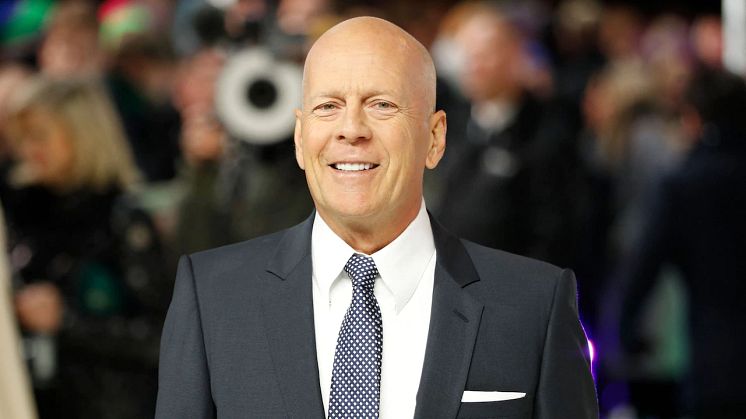
News -
Bruce Willis’ aphasia diagnosis
Juliet Bouverie, Chief Executive of the Stroke Association said:
“We are saddened to hear about Bruce Willis’ aphasia diagnosis. The most common cause of aphasia is stroke, however it can also be caused by brain injury, brain tumours or other neurological conditions and the treatment and recovery may vary depending on the location and severity of the damage to the brain.
“We know that a third of the 1.3 million stroke survivors in the UK have aphasia which can affect their ability to speak, understand, read, write or use numbers. However, it doesn’t affect people’s intelligence.
Although aphasia affects everybody differently, it can have an enormous impact on someone’s daily life such as communicating with loved loves, shopping and socialising or using technology to keep in touch. The external environment can create barriers too, when people with aphasia are not given information or services in an accessible or aphasia-friendly way. It is not uncommon for people with aphasia to feel isolated or experience difficulty returning to work or accessing vital services.
Fortunately, stroke survivors with aphasia can make improvements, and this relies on the support of specialist staff such as Speech and Language Therapists, and other organisations and charities who play a vital role in supporting stroke survivors to rebuild and maintain their health and confidence.
We can’t predict how much language people with aphasia will regain, but many people continue to show ongoing improvement. Meanwhile, it is important for the public to be aware of what aphasia is, the things to look out for and learn what strategies might help those with aphasia living in their community.”
This pandemic has created an epidemic of loneliness, particularly among stroke survivors with aphasia. In response to this, we launched our ‘Getting Online for People with Aphasia’ guide to equip stroke survivors who have aphasia with the skills they need to get online, to work, keep in touch with family and friends and connect with the stroke survivor community.
For more information about stroke-related aphasia, go to: https://www.stroke.org.uk/what-is-aphasia
For more general information about aphasia, go to: https://www.aphasiaalliance.org











